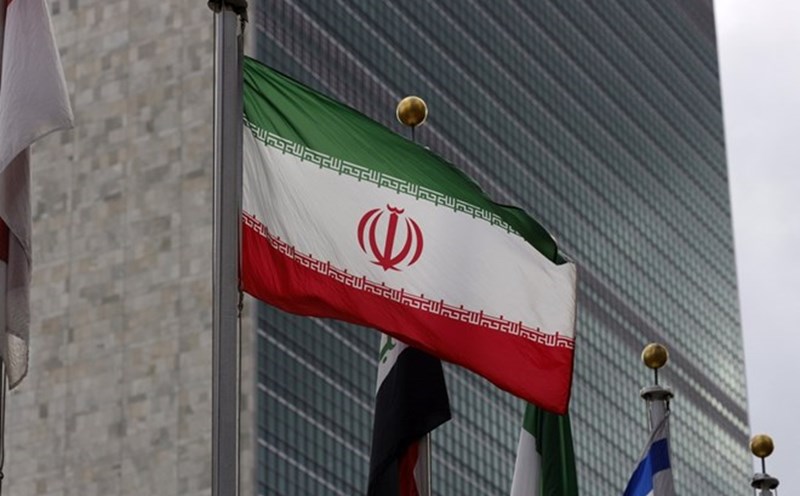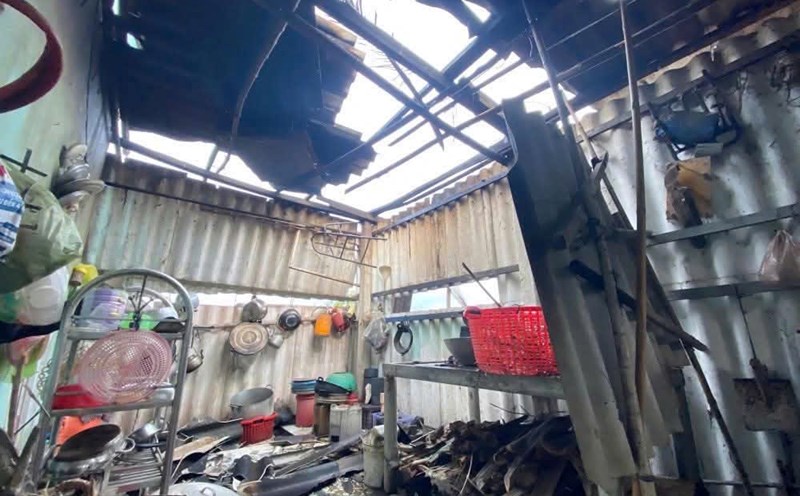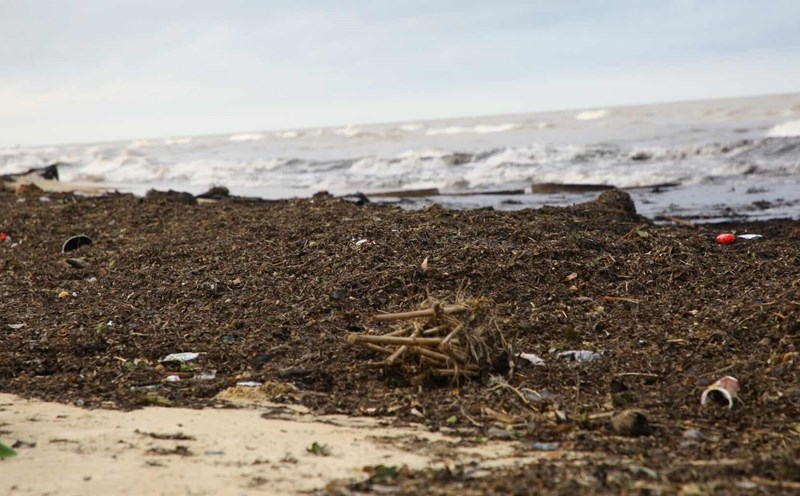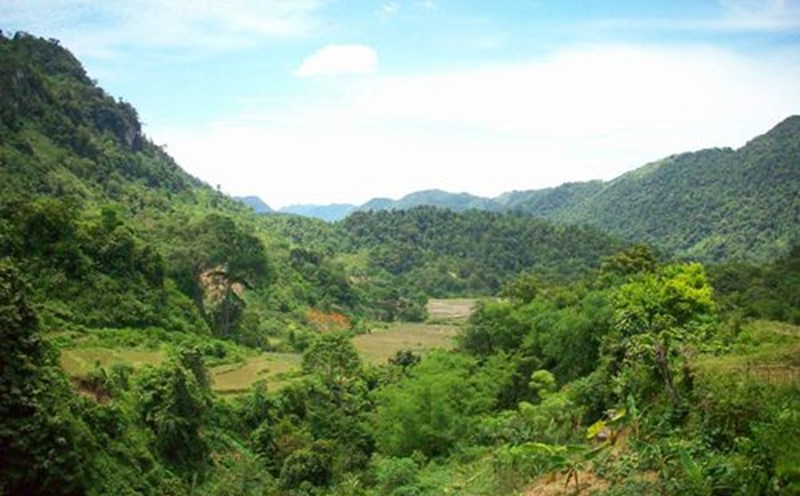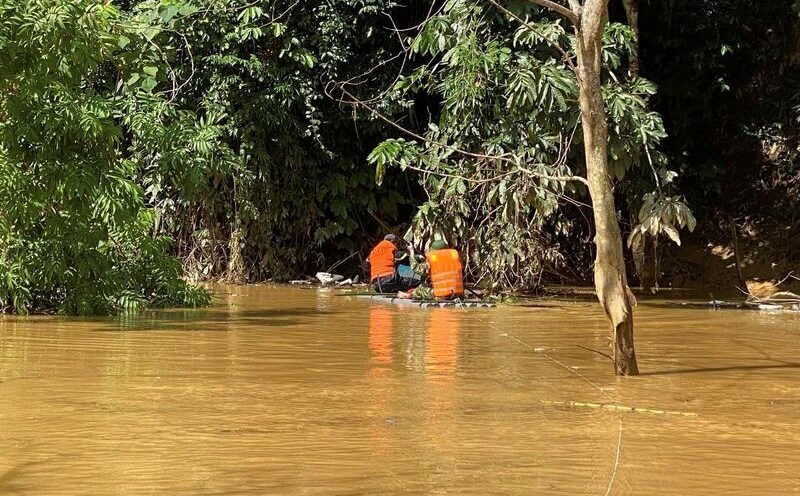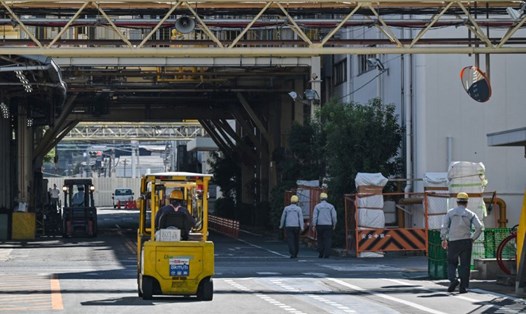A historic breakthrough has just been established in the Caribbean when four member states of the Caribbean Community (Caricom) officially opened their borders to each other's citizens under the "comprehensive free movement" agreement. From now on, citizens of Barbados, Belize, Dominican Republic and St Vincent & Grenadines can settle, work and live in other member states without a work permit or residence permit.
Previously, the Caricom General Market and Economic Mechanism (CSME) allowed travel mainly in economic fields such as skills or services, but only granted limited residence rights. With the new agreement, this right is much expanded - allowing indefinite stay and access to educational and medical services like indigenous people.
Mr. David Comissiong, Ambassador of Barbados at Caricom, acknowledged that this is not only a free- enterprise but also a "Caribe cultural and economic integration platform" and hoped that other Caricom members would join in turn.
However, not everyone agrees. Many people are concerned that the influx of people to the regions may put pressure on the health system, schools and public services that have already been stressed. Its hard to compete for jobs with people from other countries, said Anthony Roberts, a 45-year-old retailer at Barbados.
In contrast, young people like Darren Clarke, a 21-year-old student, call this a golden opportunity: I can work in Jamaica or Guyana without having to worry about the licensing problems.
Dominican Republic and St Vincent have previously allowed free travel in a small bloc called the OECS ( Organization of the Eastern Caribbean), so expanding to Caricom is a step forward in many ways. Belize and Barbados are the first two countries to participate in the mechanism.
Caricom President - Prime Minister Barbados Mia Mottley - has warned that the Caribbean is facing a "grey bleeding", many young experts leaving to pursue opportunities in the US, Canada or UK, causing a shortage of domestic labor force. The new agreement is expected to help retain human resources and increase intra-regional connectivity.
In terms of security, participating countries still reserve the right to refuse entry if individuals are considered a threat. Barbados stressed that the deal would not open unconditionally to those at risk.
If this model is successful, it could spread to other countries in Caricom, contributing to building a Borderless Caribbean as the EU initiative. Experts predict that there will be an increase in labor exchange, investment and economic cooperation in the region.
However, the challenge is great, the difference in the level of development, capacity of the social and economic system between islands can create great pressure on the labor-intensive country. The big challenge ahead is ensuring a balance of interests and stability for small island countries in the process of extensive integration.

